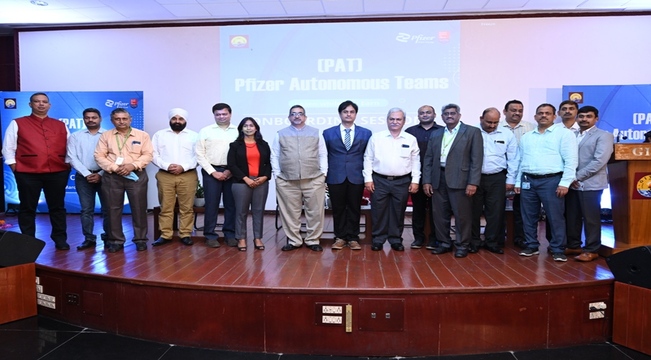By Niru Agarwal, Trustee, Greenwood High International School
Robert Swan says, “The greatest threat to our planet is the belief that someone else will save it.” In the current world scenario, there is consensus that children must be taught values of sustainability so that they can help future generations imbibe the same. This is the apt message for World Environment Day 2023, which is focused on #BeatingPlasticpollution. Planet earth faces so many risks & abuses that taking environmental action is even more urgent. From biodiversity to solar energy, there is now a need to build a greener earth, and in this journey, schools indeed play a key role in encouraging students to learn new ways to build sustainability. Educating students will promote awareness, address the current vacuum, and help build perspective toward environmental needs having sustainable development goals. Hence, we should look at diverse ways in which schools can help students be green warriors at an early age.
Schools should involve wider community
Sustainability involves everyone working together in small ways to achieve something huge. It is both an individual and a team effort. If you can get parents and guardians involved in your sustainability initiatives, the lesson will go even further. This means that everyone needs to be involved and teachers and school leaders should lead by example. Whether it is cycle-to-work initiatives, installing solar panels, or bringing a lunch in sustainable packaging, sustainability must be modelled as well as taught. To be truly sustainable, schools should fully engage with these activities, which means helping teachers and staff members and going beyond the school gates.
Imbibe sustainable life skills
Live a sustainable lifestyle, children and the society’s youth should be urged to undertake individual responsibilities, such as minimising resource usage, composting, reducing over-consumption, depending on clean energy sources, practising minimalism, and purchasing local and organic items. Education on sustainability will help them develop these sustainable life skills and practices.
Developing a critical mindset
Teaching sustainable ways of living helps in creating a critical mindset among children. They understand that they need to look beyond the materialistic values of things and learn to appreciate their intrinsic value. Reuse and recycling materials can prevent wastage and over-production, which is the principal cause of over-industrialization and carbon emissions. Recycling has taken the world by storm and schools need to take measures that will enable students to further intensify this approach.
Build solutions into lessons
Students should not grow up with neglect about the environment. They must be taught everything there is to know about the planet and this is best done by incorporating such ideas in a curriculum. This will create awareness on all aspects of earth and how best to protect it. The syllabus can have a mix of theoretical concepts, knowledge and practical steps that will surely enhance the intellect of students and enable them to learn new aspects of the environment.
Bring down consumerism
Consumerism is at an all-time high, but teaching children how to thrift can make them more conscious about wastage and prevent them from binge buying when they are old enough to buy things for themselves. Living a minimalist lifestyle can teach them how one needs only a handful of good and well-loved items to live a fulfilling life. Students will have to be shown a broader view of things when they learn how much they can save the planet by making better choices.
In conclusion, it can be said that education plays a crucial role in raising the younger generations’ awareness in the right direction and safeguarding their future sustainability. The right direction will allow young people to make conscious decisions and lead greener lifestyle with their evolved knowledge and understanding of the natural surroundings. Early education, especially at school, will lead to mature individuals proactively managing global challenges, contributing to a greener and healthier planet. Students are the future advocates and educating today’s youth is imperative to enable environmental conservation.
Corporate Comm India (CCI Newswire)































